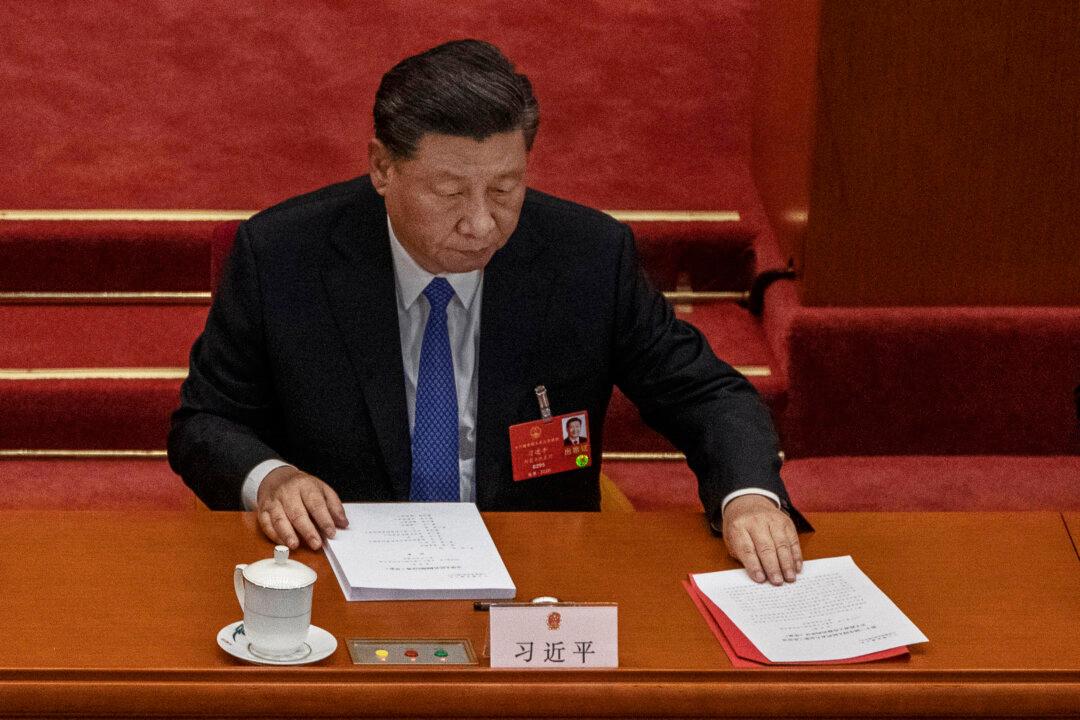Top Chinese officials recently announced that the Communist Party would begin a purge of the powerful Political and Legal Affairs Commission (PLAC), a Party agency that oversees the country’s security apparatus, including police, courts, and prisons.
The Party will complete the purge by the first quarter of 2022, right before its 20th National Congress, a conference that occurs every five years to determine the next succession of Party leaders.





